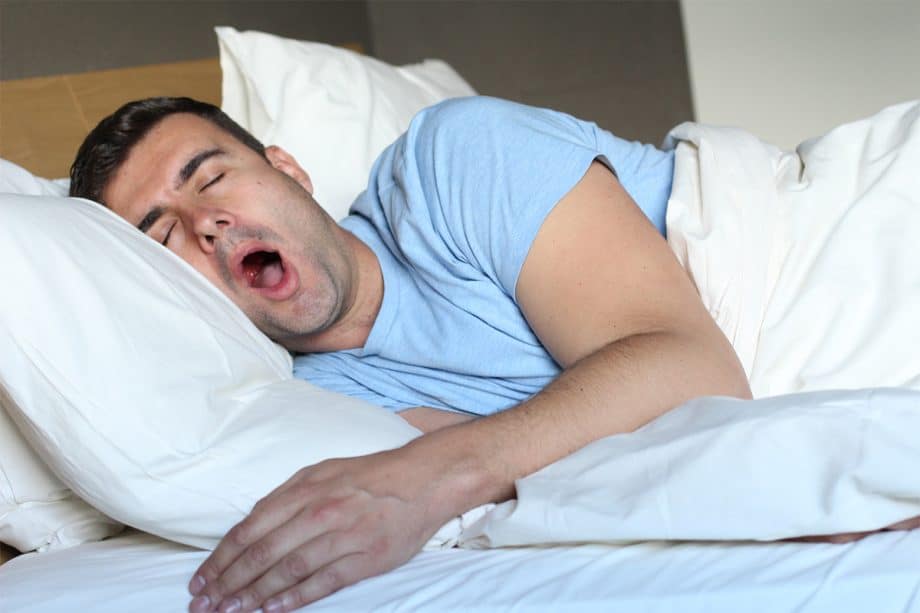While everyone can have a poor night’s sleep from time to time for one reason or another, people with sleep apnea experience extremely poor sleep nearly every night of their lives. There are many symptoms of sleep apnea; many are self-referred, while others, such as snoring or loud breathing, can only be identified by a partner or roommate. Everyone needs to understand the symptoms of sleep apnea and know what to do if they find themselves or a loved one experiencing them.
Common Sleep Apnea Symptoms
While typically characterized by loud snoring and daytime sleepiness, sleep apnea can have many other symptoms, including:
- Breathing pauses: You may wake up suddenly with jerking body movements, gasping, or choking
- Difficulty staying asleep: You may wake up frequently throughout the night, known as insomnia
- Night-waking: You may wake up gasping or choking, or you may wake up to urinate.
- Morning symptoms: You may wake up with a dry mouth or sore throat, or you may have morning headaches.
- Other symptoms: You may have difficulty focusing during the day, or you may experience mood changes, such as depression or being easily upset.
Loud snoring can indicate a potentially serious problem—however, not every individual who has sleep apnea snores. Talk to your healthcare provider if you have symptoms of sleep apnea. If you experience any sleep problem that leaves you fatigued, sleepy, and irritable, be sure to discuss it with your doctor.
Frequently Asked Questions About Sleep Apnea
Does Sleep Apnea Require CPAP?
Only in some patients does sleep apnea treatment and prevention involve CPAP. Some patients will see their sleep apnea resolved with the use of an oral appliance or even small weight loss achievements. To determine which sleep apnea treatment is best for your situation, start by seeing a medical professional who is trained in sleep apnea treatments.
Sometimes, dentists are trained in sleep apnea prevention, such as using mouth guards. Mouth guards can help patients breathe easier at night as they may open the airway to a greater capacity.
Is Sleep Apnea Dangerous?
Sleep apnea is classified as a severe medical problem. Untreated, it can cause high blood pressure, raising the risks of heart failure and stroke. Sleep apnea causes an ongoing state of fatigue, which can result in problems at school or work, as well as danger when driving or operating heavy machinery.
It may also lead to complications with medication or surgery; sedation with anesthesia can be risky, as can lying flat in bed after an operation. If you know or think you might suffer from sleep apnea, be sure to tell your doctor before taking prescribed medications or having surgery.
Sleep Apnea Treatment at Stuart Prosthetic Dentistry
At Stuart Prosthetic Dentistry, our compassionate providers know how sleep apnea can impact every aspect of your life. If you are ready to explore sleep apnea treatment options, our experienced professionals are here for you. You can find more information on our website or call 772.286.1606 today to schedule an appointment.

